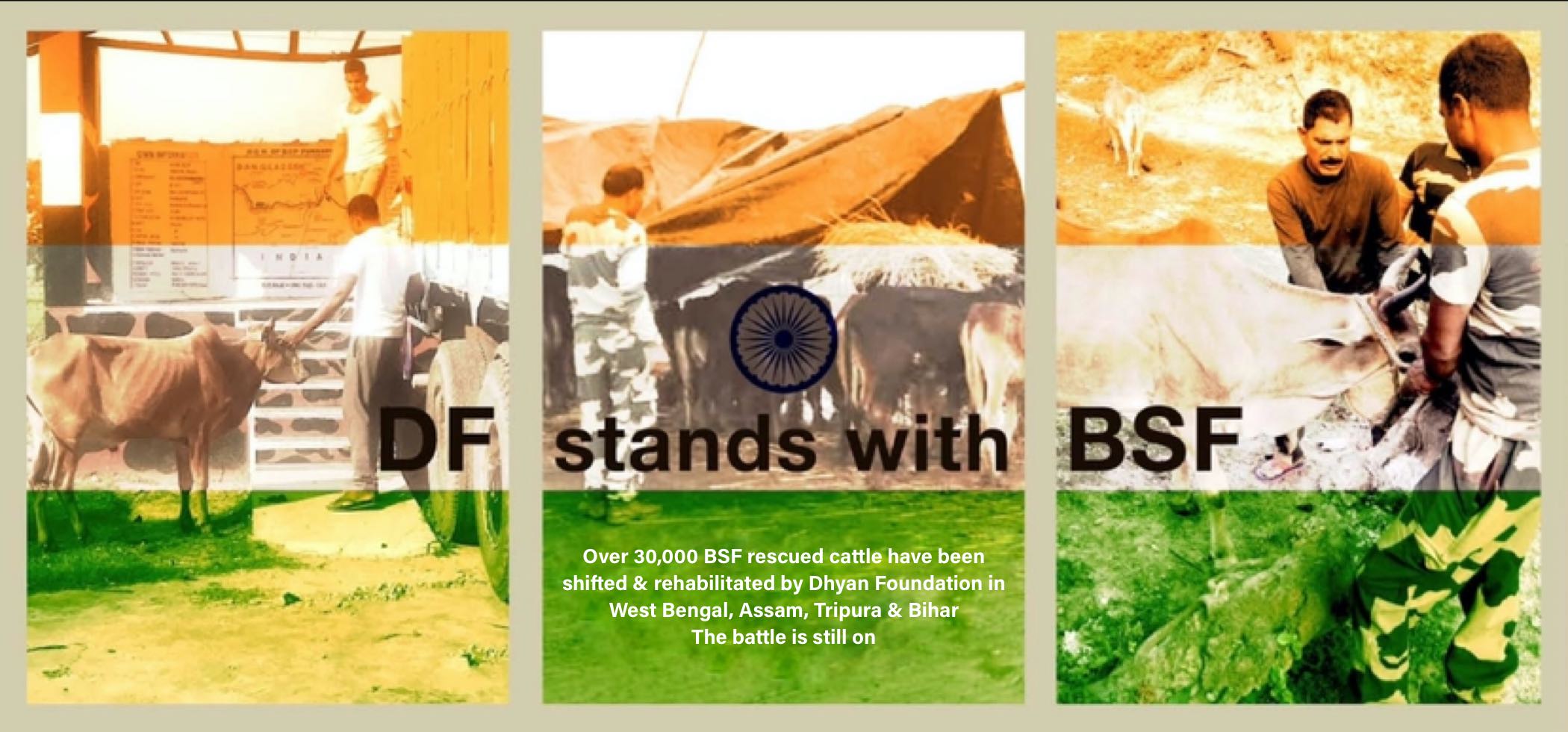Compassion is a quality that is supposed to be inherent to humans; it was, in our ancestors. Its expression found its way in varied forms—be it something as simple as keeping a chapatti aside for a cow before every meal or keeping a bowl filled with water and grains for the birds, distributing free food outside temples or just giving money to someone in need.
As times changed and progressed, this quality of compassion started fading away. Selfishness and “I, Me, Myself” took over things like compassion, love and sharing.
Interestingly, there is a growing body of research that suggests that compassion is not merely an emotion or a feeling rather it has a profound impact on our physical and psychological well being.
Compassion has surprising benefits on our physical and psychological health
Research by APS William James Fellow Ed Diener, a leading researcher in positive psychology, and APS James McKeen Cattell Fellow Martin Seligman, a pioneer of the psychology of happiness and human flourishing suggests that connecting with others in a meaningful way helps us enjoy better mental and physical health and speeds up recovery from disease. Further, research by Stephanie Brown, at Stony Brook University, and Sara Konrath, at the University of Michigan, has shown that it may even lengthen our life span.
The reason a compassionate lifestyle leads to greater psychological well-being may be explained by the fact that the act of giving appears to be as pleasurable, if not more so, as the act of receiving. A brain-imaging study headed by neuroscientist Jordan Grafman from the National Institutes of Health showed that the “pleasure centers” in the brain, i.e., the parts of the brain that are active when we experience pleasure (like dessert, money, and sex), are equally active when we observe someone giving money in charity as when we receive money ourselves. Giving to others even increases well-being above and beyond what we experience when we spend money on ourselves.
Another study evaluated the levels of cellular inflammation in people who describe themselves as “very happy.” Results were reported at Stanford Medical School’s Center for Compassion and Altruism Research and Education’s (CCARE) Inaugural Science of Compassion Conference in 2012. It was found that inflammation is at the root of cancer and other diseases and is generally high in people who live under a lot of stress. They found that people who were happy because they lived a “good life” (sometimes also known as “hedonic happiness”) had high inflammation levels but on the other hand, people who were happy because they lived a life of purpose or meaning (sometimes also known as “eudaimonic happiness”) had low inflammation levels.
A life of meaning and purpose is one focused less on satisfying oneself and more on others. It is a life rich in compassion, altruism, and greater meaning.
Another way in which a compassionate lifestyle may improve longevity is that it may serve as a buffer against stress. A new study conducted on a large population (more than 800 people) and spearheaded by the University at Buffalo’s Michael Poulin found that stress did not predict mortality in those who helped others, but that it did in those who did not. One of the reasons that compassion may protect against stress is the very fact that it is so pleasurable.
Another reason compassion may boost our well-being is that it can help broaden our perspective beyond ourselves. Research shows that depression and anxiety are linked to a state of self-focus, a preoccupation with “Me, Myself, and I.” When you do something for someone else, however, that state of self-focus shifts to a state of other-focus.
Additionally, compassion may also boost our well-being by increasing a sense of connection to others. One telling study showed that lack of social connection is a greater detriment to health than obesity, smoking, and high blood pressure. On the flip side, strong social connection leads to a 50 percent increased chance of longevity. Social connection strengthens our immune system (research by Cole shows that genes impacted by social connection also code for immune function and inflammation), helps us recover from disease faster, and may even lengthen our life.
To put in a nutshell, be compassionate to be happy and healthy. Modern science gives various reasons and logics as to why or how compassion helps us, Vedic seers put it simply as action and reaction or the law of karma—you reap what you sow. Perhaps the reason why concepts of alms, daswant and zakat are found in Christianity, Sikhism and Islam as well.
Download the Dhyan Foundation – Sanatan Kriya App for Android here and for iOS here.




